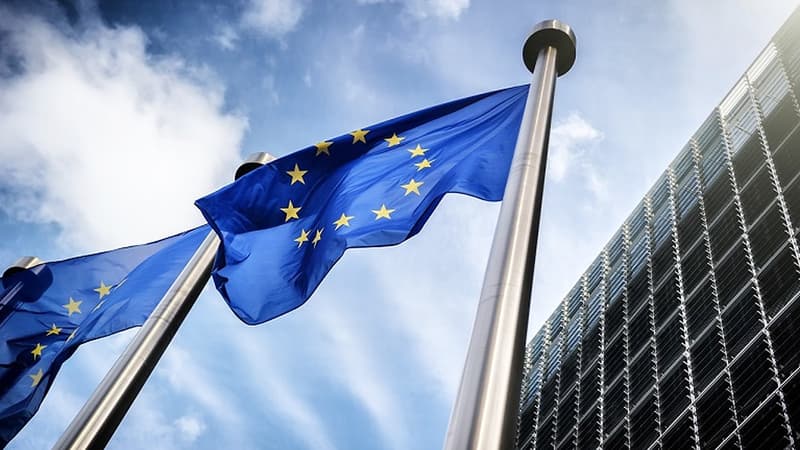Between gasoline prices and high inflation, the European Bank for Reconstruction and Development (EBRD) has significantly lowered its growth forecasts for 2023, particularly for Ukraine, where the fighting continues. The institution now anticipates growth of 2.1% in 2023 versus 3.0% in previous projections in September, for all its regions, according to a press release on Thursday.
Activity in all regions covered by the EBRD, ranging from Central Europe to Central Asia via the Mediterranean basin, is expected to accelerate to 3.3% in 2024. Last year, the economy of the EBRD regions EBRD overall accelerated 2.4%, slower than in 2021 due to the Russian invasion of Ukraine and the weakening post-covid recovery.
Increase in gas prices
Gas prices have largely returned to their pre-war level in Ukraine, with new sources of LNG supplies from Norway and Algeria in particular helping to calm prices in response to the loss of a large part of the Russian deliveries, explains the EBRD in its report. .
In addition, higher prices forcing households to reduce their consumption to limit rising bills and the relatively mild winter mean that gas stocks in Europe are above their 2021 level. But in real terms, the Current gas price levels remain “comparable to the peaks of the 1980s and six times higher than on the other side of the Atlantic,” the EBRD argues in its report.
Inflation weighs on consumption
Other factors that have led the institution to lower its growth estimates: “The very high inflation is eroding real wages, which is weighing down consumption,” said Beata Javorcik, chief economist at the EBRD, interviewed by AFP. Inflation fell to 16.5% in the EBRD economic zone in December after peaking at 17.5% in October (the highest since 1998).
Also, “what’s new” from September is that “we don’t see a quick resolution to the war, which means uncertainties remain and hurt investment,” Ms Javorcik continues. The growth forecast for Ukraine has been sharply revised downward to 1% for this year, from 8% when the forecast was published in September, with expected growth of 3% in 2024.
In Turkey, the victim of a devastating earthquake last week, growth had already slowed “considerably in 2022 and is expected to fall further to 3% in 2023 and 2024, due to growing external financing needs and related political uncertainty.” with the elections,” he argues. the EBRD.
Source: BFM TV


